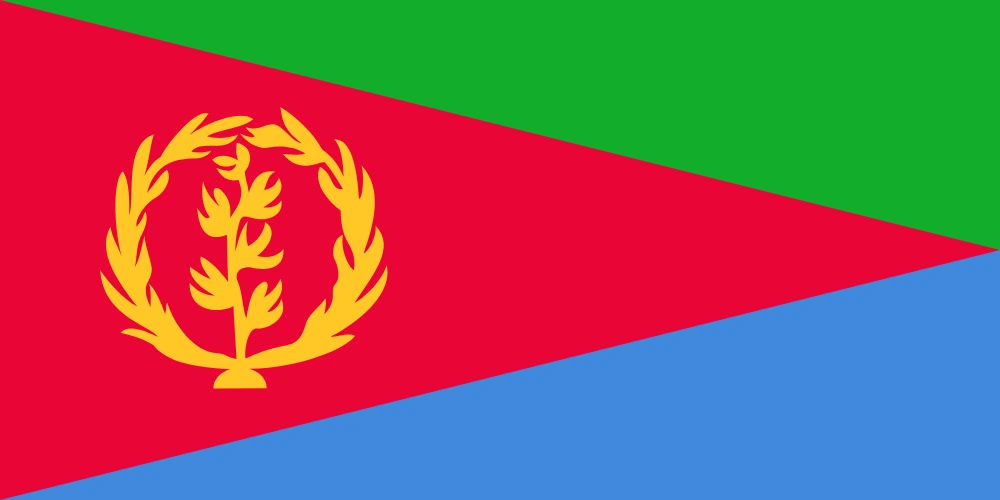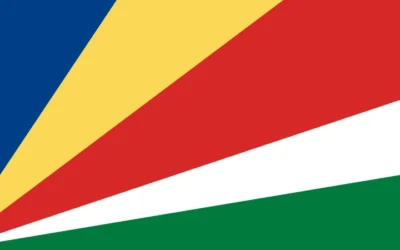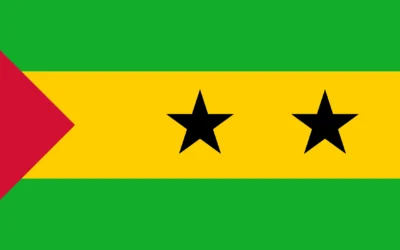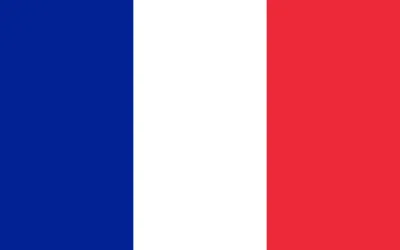Eritrea Travel Guide
Discover Why You Should Visit Eritrea
Why Visit Eritrea?
Eritrea, nestled along the Red Sea in the Horn of Africa, is one of Africa’s most intriguing and underexplored destinations. With its mix of Italian colonial architecture, highland scenery, and a pristine coastline, Eritrea offers a unique blend of cultures and landscapes.
Asmera, the capital city, is known for its well-preserved Art Deco buildings and charming café culture, while the Dahlak Archipelago offers some of the most untouched diving spots in the world.
Ideal for: Architecture lovers, cultural travelers, scuba divers, and those seeking an authentic and peaceful travel experience away from crowds.
Must-Know Facts
Capital/Major City: Asmara
Language(s): Tigrinya, Arabic, English, Tigre, and others
Currency: Eritrean Nakfa (ERN)
Best Time to Visit: October to March (cooler temperatures and dry season)
Fun Fact: Asmara is often called ‘Little Rome’ for its Italian influence, including cinemas, pizzerias, and colonial buildings
Top Things to Do
Stroll through Asmara to admire Art Deco architecture and historic cathedrals
Explore the Dahlak Archipelago for snorkeling, diving, and uninhabited islands
Visit the ancient port city of Massawa and its Ottoman and Italian heritage sites
Take a ride on the historic steam railway between Asmara and Nefasit
Experience local markets, coffee ceremonies, and traditional music performances
Local Culture & Lifestyle
Eritrean culture is shaped by its ethnic diversity, with Tigrinya, Tigre, Afar, and other communities contributing to a rich heritage. Religion plays a strong role, with both Christianity and Islam widely practiced.
Daily life often revolves around communal meals, music, and family gatherings. Eritreans are known for their hospitality and pride in cultural traditions.
Italian colonial influence remains visible in architecture, fashion, and cuisine, especially in urban centers.
Food & Drink Highlights
Street Food: Ful (fava bean stew), injera with spicy stews, shahan ful, grilled meats
Restaurants: Italian-Eritrean eateries in Asmara, seafood spots in Massawa
Drinks: Eritrean coffee, suwa (traditional beer), Italian espresso, local wines
Desserts: Honey cakes, fruit salads, and Italian-style pastries
Main Dish & Culinary Symbols
Signature Dish: Zigni (spicy meat stew) served with injera
Common Ingredients: Lentils, tomatoes, onions, berbere spice, lamb, goat, fresh fish
Culinary Culture: Meals are shared family-style, often eaten by hand, and begin with a coffee ceremony symbolizing hospitality and connection
Symbols & Icons of the Area
Natural Icons: Red Sea coast, Dahlak Islands, Buri Peninsula, highland mountains
Cultural Icons: Asmara’s Fiat Tagliero building, camel caravans, traditional dresses, Orthodox churches and mosques
Hidden Gems & Off-the-Beaten-Path
Qohaito archaeological site with ruins from pre-Aksumite civilization
The uninhabited islands of the Dahlak Archipelago for secluded beaches and diving
Keren’s Monday camel market and colonial fort ruins
Shopping & Souvenirs
What to Buy: Handwoven baskets, silver jewelry, traditional coffee sets, Eritrean textiles
Where to Shop: Asmara’s markets and local craft stalls in Keren and Massawa
Getting Around
Public Transport: Minibuses and shared taxis operate within cities and between towns
Car Rentals: Available but limited; best arranged with local tour operators
Tip: Travel permits are required for foreign tourists visiting outside Asmara
Walkability: Excellent in Asmara due to its compact layout and mild climate
Travel Tips
Permits are required for travel outside Asmara; arrange through local authorities or tour agencies
Respect religious and cultural customs, especially during fasting and prayer times
Photography restrictions apply near government or military buildings
Bring cash, as credit cards are rarely accepted and ATMs are limited
Where to Stay
Budget: Local guesthouses and pensions in Asmara and regional towns
Mid-range: Crystal Hotel, Sunshine Hotel, Massawa’s Dahlak Hotel
Luxury: Limited but some seaside resorts and boutique hotels available
Unique: Staying on boats or eco-camps in the Dahlak Islands
Sample 4-Day Itinerary
Day 1: Explore Asmara’s architecture, museums, and cafés
Day 2: Take a day trip to Keren for markets and mountain views
Day 3: Travel to Massawa to visit its old town, enjoy seafood, and Red Sea views
Day 4: Optional island excursion to Dahlak Archipelago for snorkeling and relaxation






0 Comments